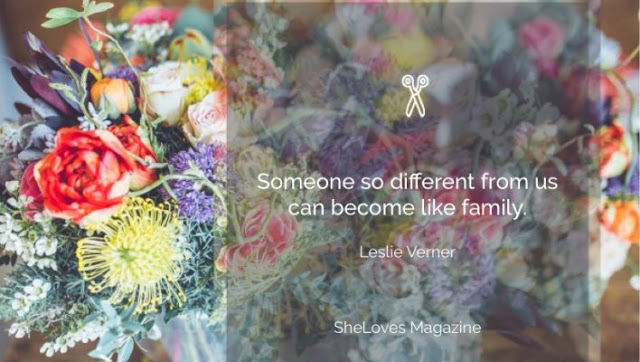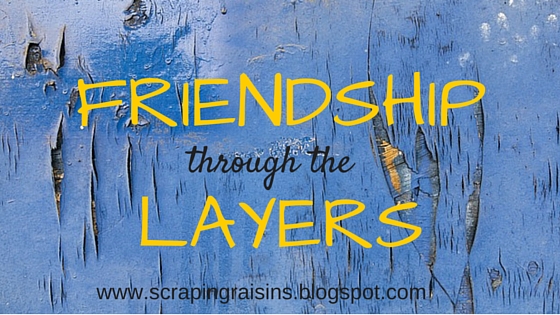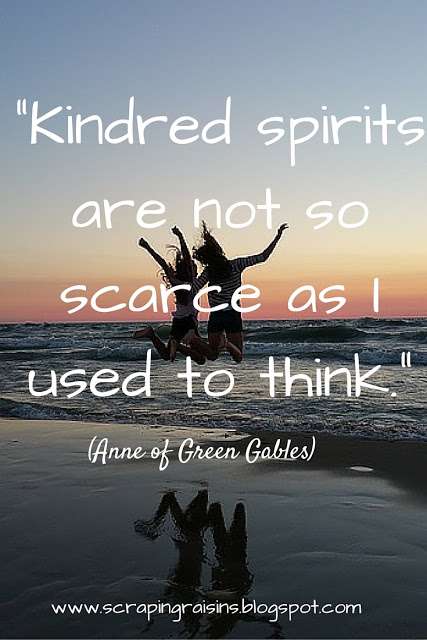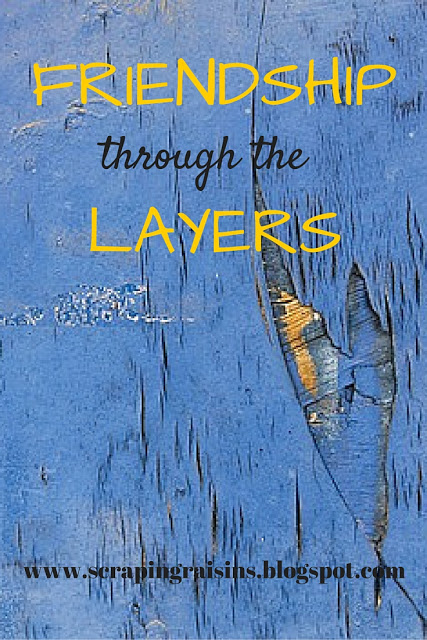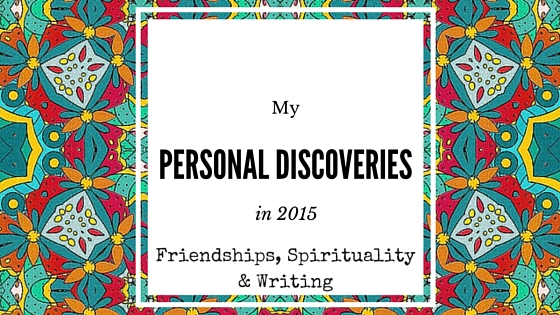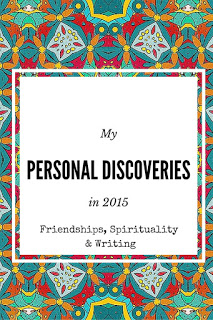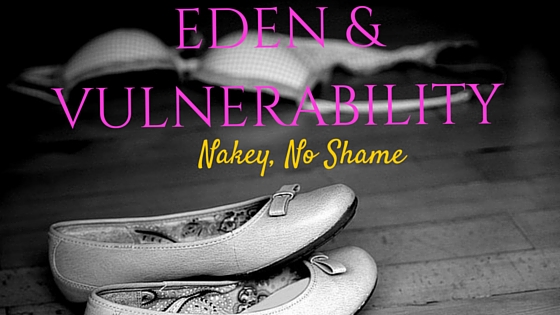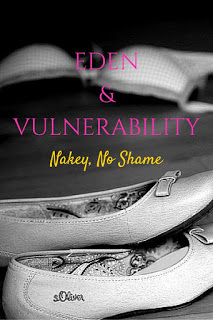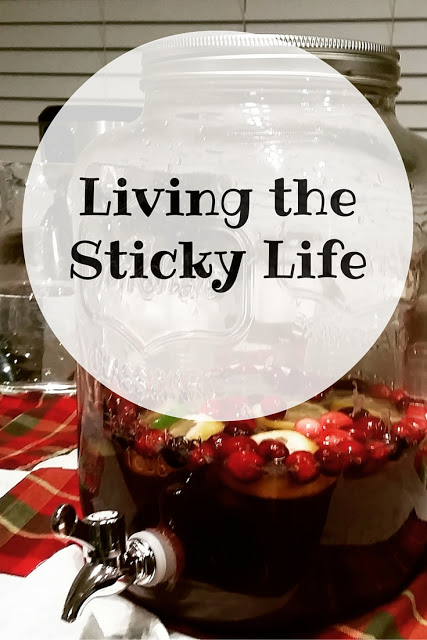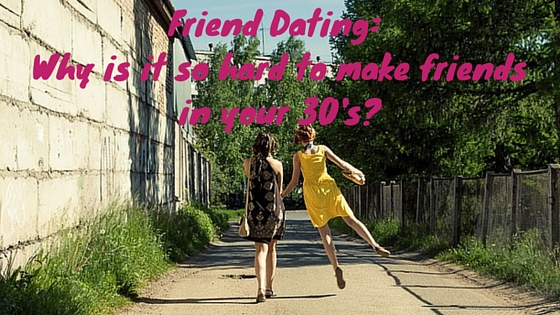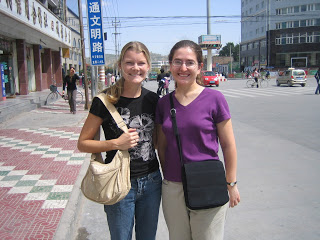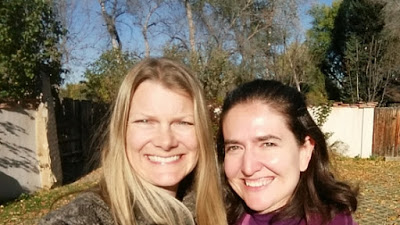
I used to bond with other women by talking about men. Many a friendship was forged over confessing a crush or finding we despised the same type of man. But the deepest friendships came out of the times when I dared to remove my mask and admit my greatest fears: that I was unattractive, too independent or ultimately unlovable. It was then that I could hear the words upon which every friendship must be built, “Me, too.”
In the places I’ve lived and cultures I’ve worked among (including my own), I’ve discovered that connection happens at the level of our deepest fears and greatest longings.
When we connect at the point of our tender wounds–like two little girls willingly piercing their palms and co-mingling their blood in a pact of friendship–we can form friendships even in the most unlikely places.
***
The churches in my area have a fantastic program for the homeless. A large church and a smaller church partner together to house and feed homeless families for a two week period four times a year. Last night was the first time I volunteered to help others from my church cook a meal for these families. The plan was to eat together afterward. Stirring the German Potato Salad beforehand, I wondered what we would talk about.
What if I say the wrong thing? Will we find anything in common?
Scanning the room, I sat down next to a twenty-something Hispanic woman and her children. “How old are your children?” I asked as we picked up our forks to begin eating. “One and two, she said … eleven months apart.”
Exhaling and thinking of my six month old at home, not even fathoming being pregnant right now, I blurted out, “Did you cry when you found out?”
She laughed, “OOOH, yes.”
In an instant, over the horror of having a two month old and finding you are pregnant, we clicked.
She is a single mom, while I have a husband at home to help with our three children. She transports her kids around by bicycle and trailer while I drive a minivan. She is homeless, while just yesterday my husband and I looked at a four bedroom home as we continued our search for a home to buy.
And yet I understood her fierce love for her children. I inherently knew the determination she has to protect them. I respected her for doing what it takes to feed and clothe them. In that moment, we connected not because I know what it is like to be homeless, but because I know what it is like to be a mother.
***
A few years ago, when I was eight months pregnant with my first child, our church in Chicago did an all day outreach offering various social services on site at church for disadvantaged people in the neighborhood. One of the African American women I helped walk around to the different rooms had recently had a baby. I was surprised to find she had given birth in the same hospital I planned to go to and she mentioned she didn’t have an epidural. “That’s what I’m hoping to do, too.” I said. “So how was it?” I asked.
“It hurt like hell,” she laughed, “but you can do it.” I asked her more questions as I helped her and her mother gather their bags for the bus. I sent them on their way and reflected on that conversation. Though I was technically on the helping end and she was on the receiving end, she was the one who had gifted me.
But in that interaction, I also confronted an inner demon—something I’m ashamed to even admit in a public space. I found that part of me was shocked that deep down we were the same. Same hospital, same hope for a natural birth, same anxieties and fears about childbirth and same dreams for our future children. This feeling of surprise served as evidence of a latent belief that we weren’t the same. It cast light on prejudice crouching in the dark corner of my subconscious. And I want to drag that prejudice into the open where it can shrivel and die.
***
Every new friendship is a risk. This is especially true when we don’t know the rules of relationship with that particular culture or socioeconomic group. But when we offer up our insecurities as a gift and step out onto the universal bridge of fear, pain or longing that is at the essence of being human, we earn just enough trust to begin a friendship.
Friendship happens when we are vulnerable, shed culture’s heavy cloak and stand at the level of our bare humanity.
We are hope, anxiety, desire, talent, fear and doubt. We are blood, flesh, hair, bones, muscles, organs and sinews. We are soul, gender, spirit and mind.
As daughters of God, we are image-bearers, torch carriers, hope seekers and justice lovers. We are human, but more than that, we are children. We are cherished by the same Daddy who knit us together in our mother’s womb. Though we are different, the same blood shoots through our veins.
The challenge to myself and to you as I think about the relationships I want to have with those of different races, social classes, languages, educational levels, ages, political beliefs and cultures is this:
Stop being guarded. Put yourself in the position to be hurt, misunderstood or snubbed. Admit your weakness, fear, pain, doubt and anxiety to another.
Vulnerability is the midwife of trust.
Give away love like it was never yours to keep. And start believing that we are more alike than we are different. There are only gains in adding another gem to your friend collection.
New to the Series? Start HERE (though you can jump in at any point!).

During the month of March, 2017, I will be sharing a series called 31 Days of #Woke. I’ll be doing some personal excavating of views of race I’ve developed through being in schools that were under court order to be integrated, teaching in an all black school as well as in diverse classrooms in Chicago and my experiences of whiteness living in Uganda and China. I’ll also have some people of color share their views and experiences of race in the United States (I still have some open spots, so contact me if you are a person of color who wants to share). So check back and join in the conversation. You are welcome in this space.





